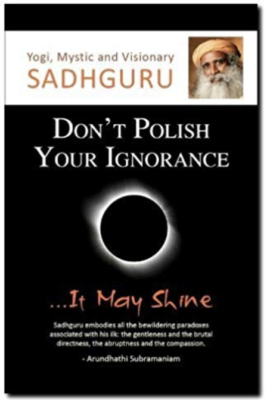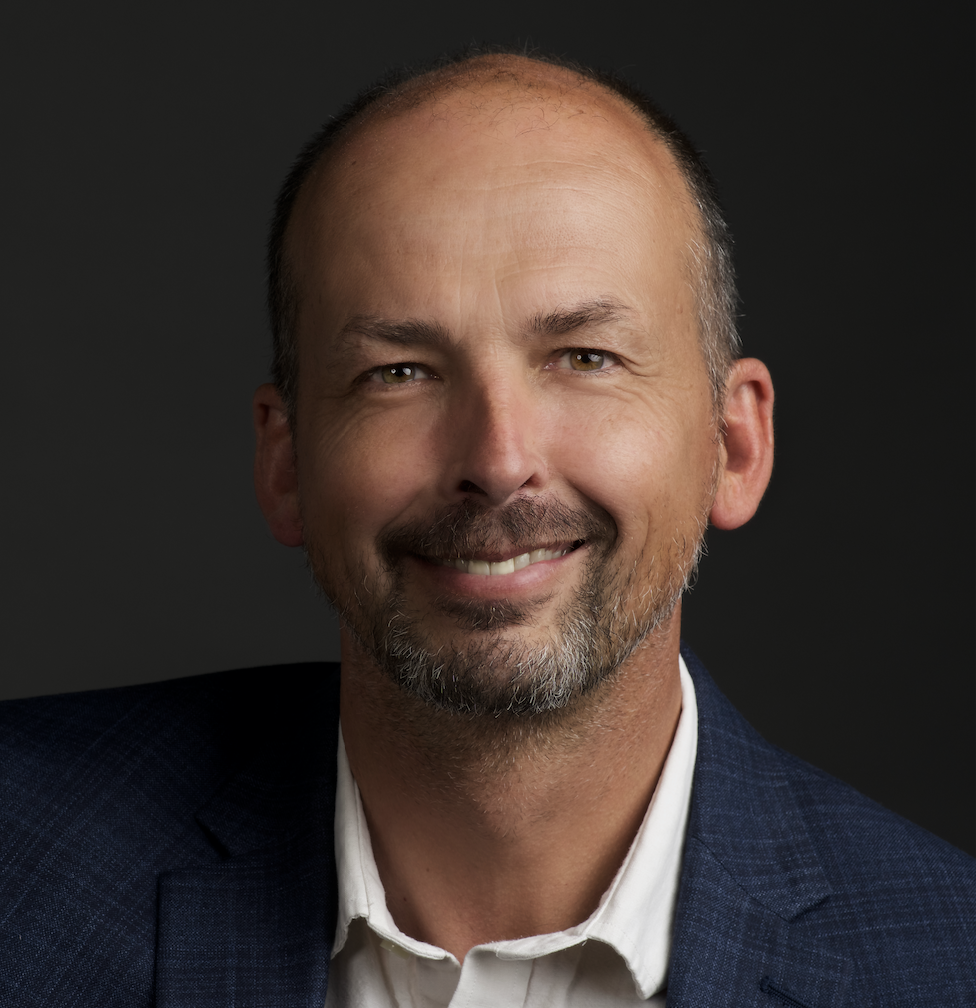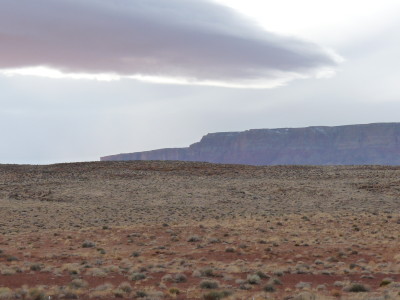
A friend gave me this book recently. I immediately loved the title, “Don’t Polish Your Ignorance” by the East Indian Mystic, Sadhguru. It goes right up there with “Only Don’t Know” the Zen calligraphy that hangs over my working desk. Ah, don’t surrender your ignorance so quickly. It’s NOT about not knowing anything. It IS about glimpsing into the broader context in which “ignorance” and “not knowing” are deeply honest, and ironically, more aware, states. I held the book for quite a while, the way that I might scratch a friendly dog’s ears for a while, just enjoying the tactile experience — the title alone was deeply satisfying.
I’ve read the book now. And really enjoyed the feeling of reading it. Like my canine ears were being scratched. My reading these days is less to consume, and more to be with the feeling it creates for the moment, and to trust the way that that experience simply lands or grows within me.
Here’s a few of my headlines from the book:
- “He never promises to eradicate your darkness, only to deepen it.”
- “When your whole identification fundamentally is rooted in this little bit of flesh that walks about on this planet, then naturally you feel very, very inadequate.”
- “You can become unbounded only if you are willing to destroy the limited.”
- “I am trying to destroy all your belief systems because these belief systems are so deceptive.”
- “It takes enormous intelligence for a person to see the stupidity of who he is.”
- This story…, of a learned man with many degrees and many skills who went to his teacher to ask what he now should do, proud to offer his accomplishments. The teacher instructed him to take 400 cows out to the forest and to return when he had 1,000 cows. The learned man felt rather insulted — “I am better that this; you now want me to be a simple farmer.” The learned man went with the cows to the forest. Over the years, he began to not think of the number of cows. Rather, he began to see as the cows saw. When he rested against a tree, he became the tree, feeling the sky, sun, and winds. The learned man lost track of his counting cows, simply giving himself to the life he lived. One day the cows came to him and explained that they were now 1,000. With this news the learned man returned to his teacher. The teacher’s devotees counted the cows. There were in fact 1,000, which they reported to the teacher. However, the teacher corrected them — there are in fact 1,001. The learned man has become one with the cows and with life.
- “Being dis-identified gives you absolute freedom to throw yourself into life and do whatever you wish to do with it.”
- “When you were just five years of age, you were simply happy by your own nature; somebody had to make you unhappy at that time. But now, at the present time, somebody has to make you happy.”
- “Faith means you have no agenda in life. You are willing to go with God’s agenda.”
- “If you can consciously still your mind, even for a few moments a day, suddenly you will find your mind will become a miracle.”
- “If I lock myself up for five or six days, I do not have a single thought in my mind for those five or six days. I do not think, I do not write, I do not read, I do not do anything; I am just being alive.”
- “The mind is incapable of being aware. It is only because of the mind that you ave become unaware.”
- “The whole existence is just one energy manifesting itself in a million different ways.”
- “When you know the pain of ignorance; when you really know the pain of ignorance, then a master arises.”
- “…life must always be in touch with the source of what it is. Getting to the very source of who you are, is truth.”
For the ears, right. For the heart too. And, if lucky, for a moment of a more emptied mind.

